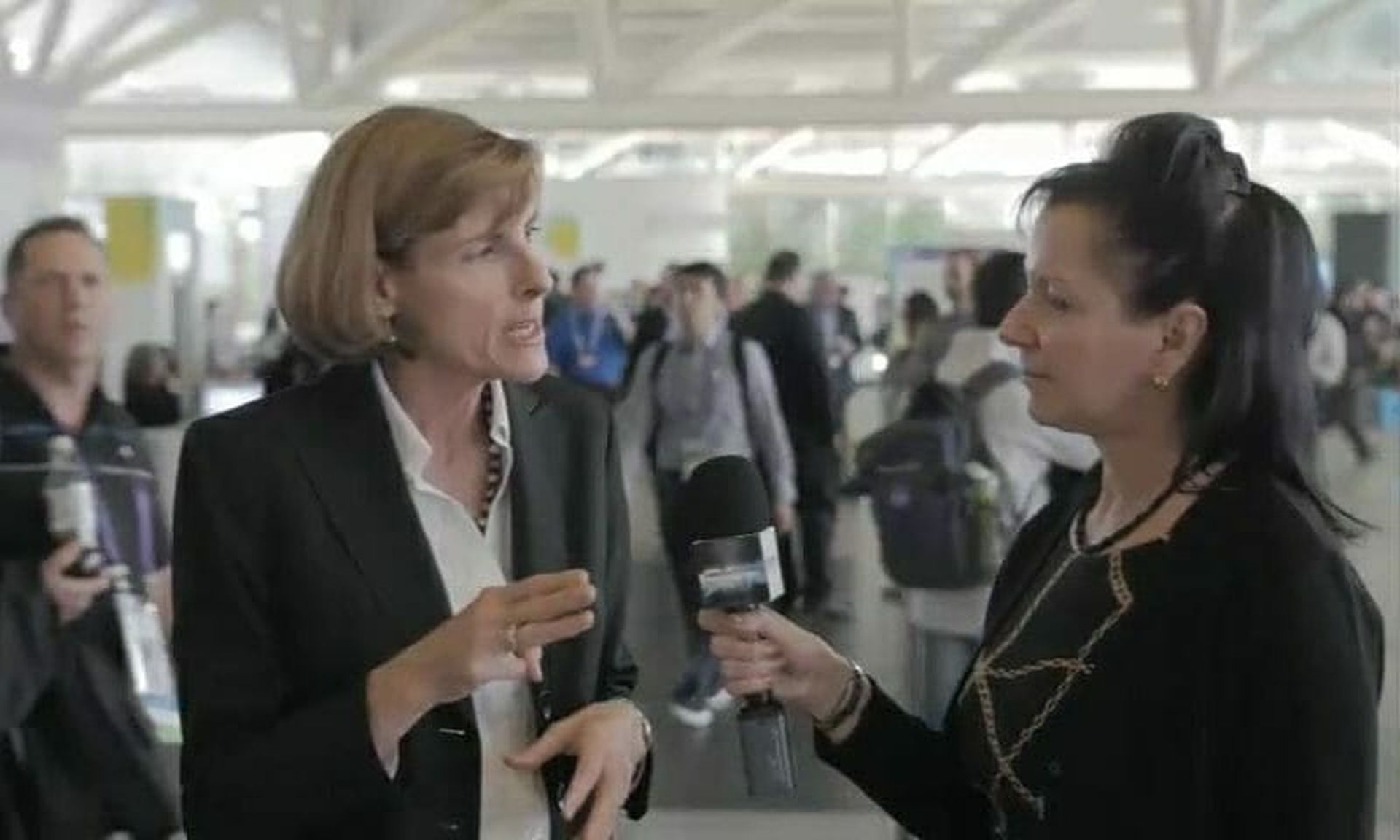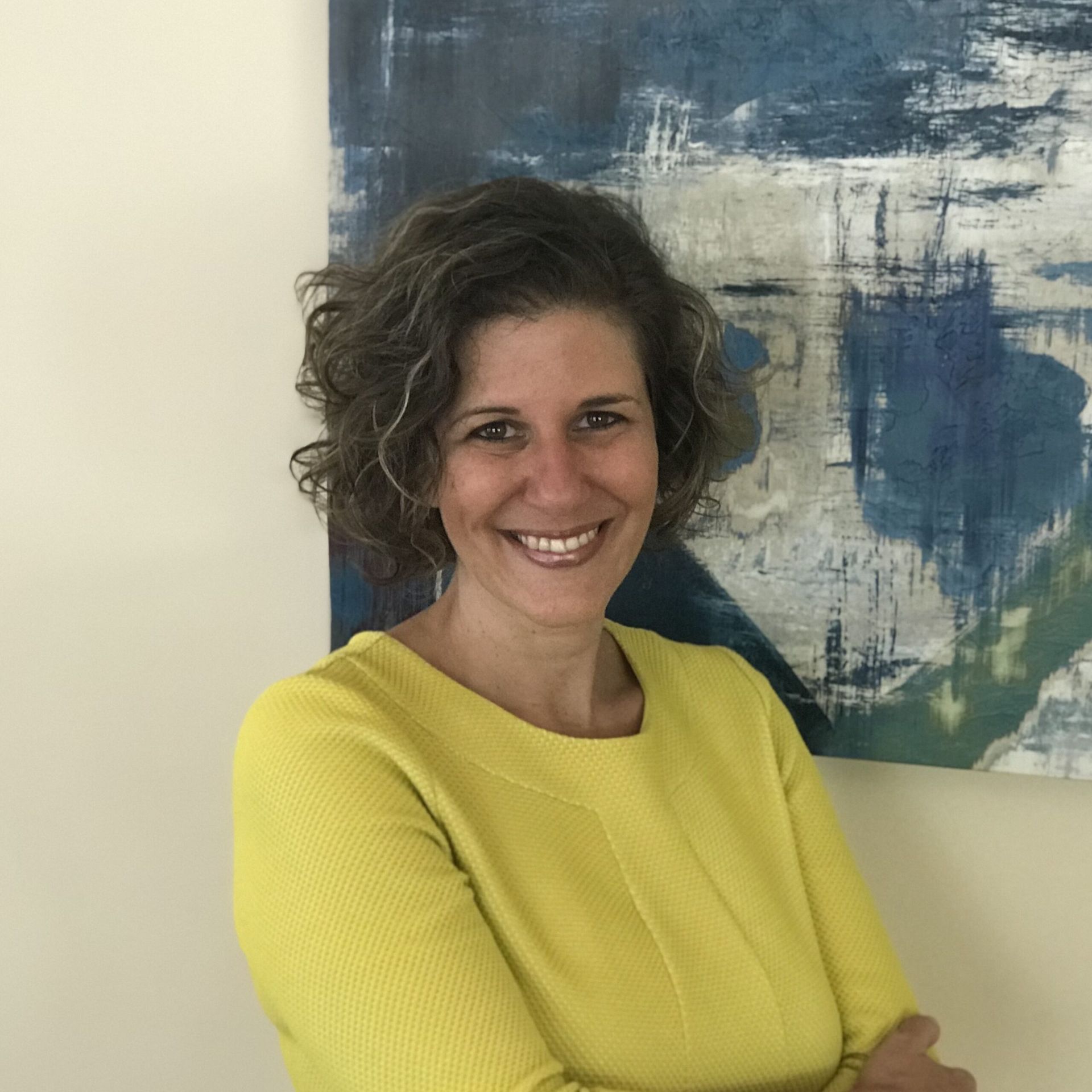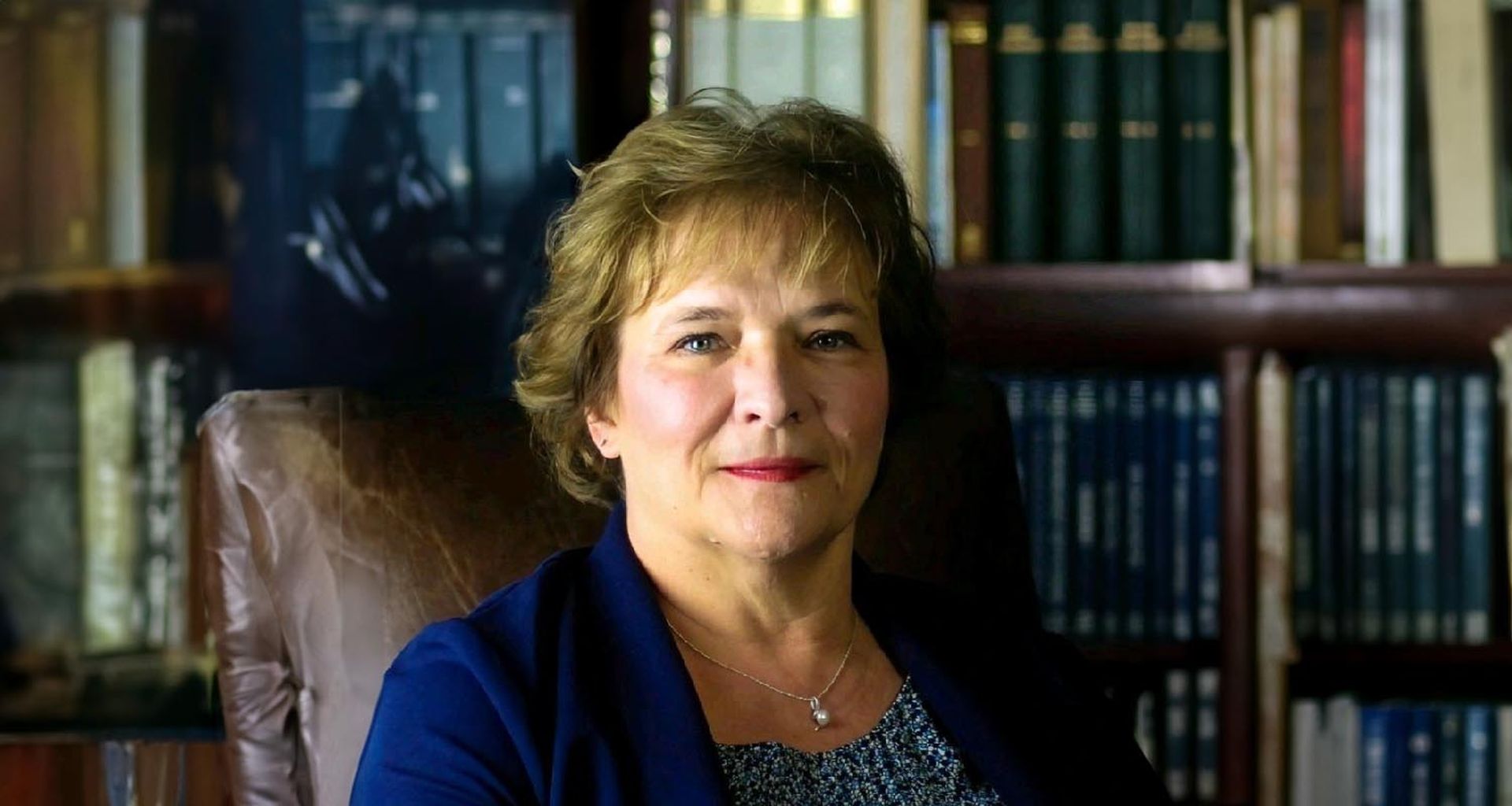Teresa Shea, now vice president of cyber warfare and mission innovations within Raytheon’s Intelligence, Information and Services business, is quite candid about how she got her start in intelligence.
“I married my husband, and then he went to NSA,” she said. “After we had our first child, I decided to go there as well.”
Shea went as an engineer, but quickly got hooked on the mission, and spent the next three decades at the agency – culminating in her role as director of signals intelligence. Shea is quick to note, however, that her elevation up the ladder was thanks less to her own inclination at first and more that of her peers and managers.
Click here for complete coverage of SC Media's 2020 Women in IT Security
“When I was offered my job that I knew was going to be challenging, I was like, ‘Oh, I can't do that. I'm not qualified,” she said. Shea believes that self-doubt among women still permeates the workforce today.
She remembers suggesting several other candidates as more fitting for the job – all of which happened to be men. “But leadership wouldn't take no for an answer,” Shea said. “They said, ‘we believe in you, we think you can do this. We will help.’”
Of course, she proved them right. Shea went on to serve as executive vice president of technology for In-Q-Tel, the non-profit venture capital firm that invests in high-tech companies that support the mission of the intelligence agencies, and now runs Raytheon’s Cyber Offense and Defense Experts, or CODEX. The group focuses on capability development on the offensive side of cyber, which can feed into defensive strategies. Just this month, CODEX launched DejaVM – a hardware emulation and software analysis tool that provides a virtualized environment to evaluate and reduce cyber threats against mission-critical systems in a modern networked space.
So clearly, it was not simply good fortune and good managers that drove Shea’s success. If it were, frankly, there would be more women like her.
That said, recognition that markets benefit from different perspectives goes beyond gender for Shea. Her role at In-Q-Tel, for example, was anchored in a desire to unite communities – tech with intel and defense – that still today struggle to collaborate effectively.
“When I was at NSA, I recognized that we needed to move faster, and that our adversaries had access to the same technology we did,” Shea said. “In-Q-Tel was an avenue to be able to leverage that startup technology for our hardest challenges. I knew the gaps. And being exposed to the startup community, I could help plug those gaps make those connections.”
And now, having transitioned from the public sector to the private, Shea recognizes the need for those two verticals to work better together as well. The mutual skepticism bordering on distrust, which has been omnipresent for years, is both inefficient and unwarranted.
“I didn't realize from the inside the significant burden we were putting on private companies,” she said – now advocating rotations that cycle private sector professionals into government and vice-versa and saying, “the 32-year career should be gone.”
“This has been a big mantra of mine – to try to build that trust – because fundamentally, we don't have it,” said Shea.




